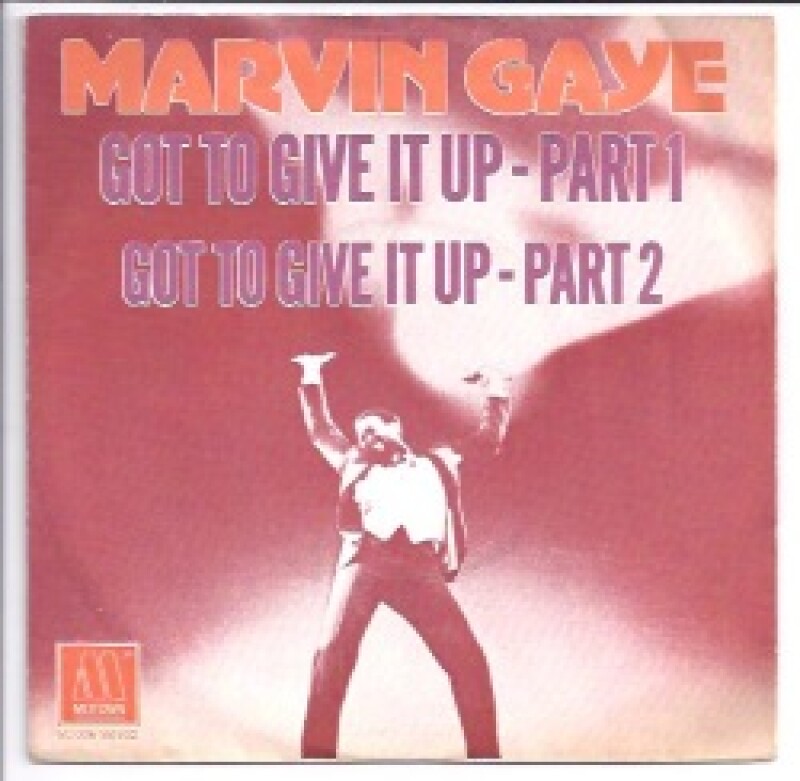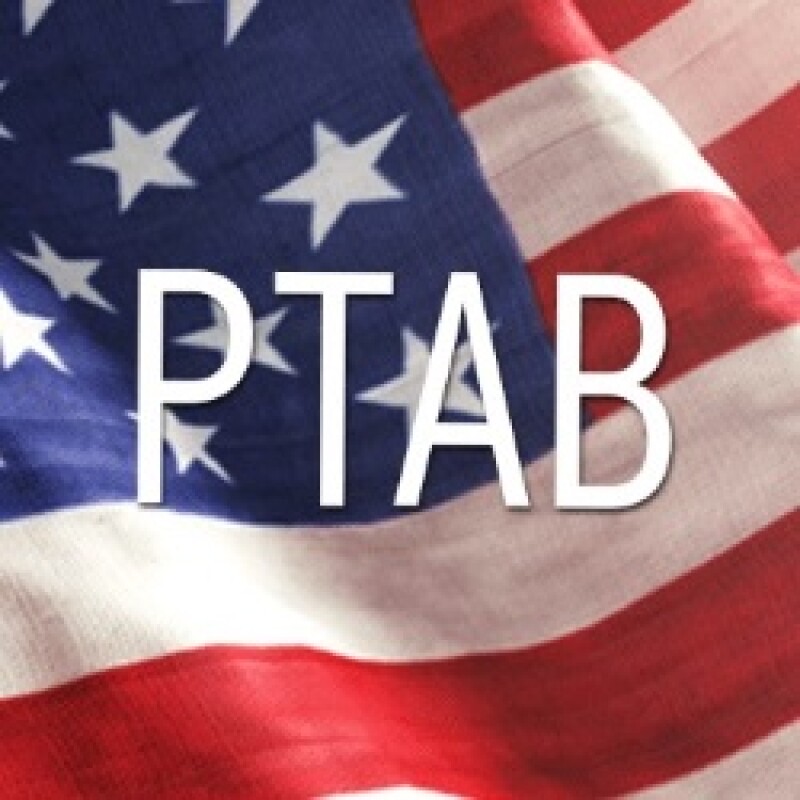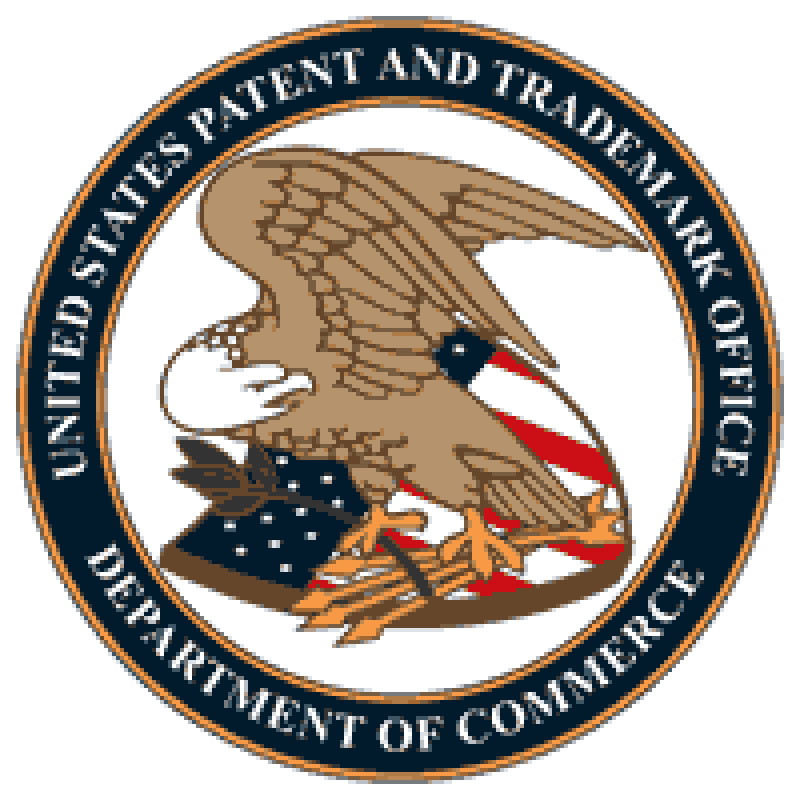Also on the blog in the past week were:
Share your views on IP strategy
Guest post: Is now the time for intangible assets to take the stage?
Sponsored post: Telematics patent landscape pre- and post-Alice
We’ve also posted the following articles in the past week (log in via subscription or free trial):
Andrews Kurth adds remaining 55 Kenyon lawyers, and other US people moves
PTAB 4 Years In: If you let me stay – district court and ITC trends
PTAB 4 Years In: An inconsistent CBM clampdown
ITC latest: Third 100-day decision issued, Fitbit trade secrets win
PTAB chief judge Ruschke hails impact of expert declaration rule change
Battle lines drawn in Blurred Lines appeal
A group of 212 artists has filed an amicus brief in support of Pharrell Williams and Robin Thicke’s appeal of last year’s $5.3 million Blurred Lines copyright verdict, according to the Hollywood Reporter.
The artists expressed concern about the danger of to the music community, in the brief submitted by Ed McPherson, partner at McPherson Rane.
“The verdict in this case threatens to punish songwriters for creating new music that is inspired by prior works,” it says. “All music shares inspiration from prior musical works, especially within a particular musical genre. By eliminating any meaningful standard for drawing the line between permissible inspiration and unlawful copying, the judgment is certain to stifle creativity and impede the creative process. The law should provide clearer rules so that songwriters can know when the line is crossed, or at least where the line is."
The brief came days after Williams and Thicke filed their opening brief at the Ninth Circuit Court of Appeals that argued the trial featured a “cascade of legal errors warranting this Court’s reversal or vacatur for new trial”.

The brief argues that lawyers for the estate of Marvin Gaye were allowed to have experts testify about the similarity of the sound recordings of Blurred Lines and Got to Give It Up, instead of only examining the melody, lyrics and chords.
“At summary judgment, the district court entertained expert testimony by musicologists for the Gayes who based their opinions entirely on the sound recording, not the deposit copy,” says the brief. “The court correctly filtered out non-deposit-copy and generic musical features from their testimony, but then erroneously failed to compare what remained to 'Blurred Lines.' At trial, the district court made things worse. While correctly excluding the 'Got to Give It Up' sound recording itself, the court erroneously allowed the Gayes’ experts to testify about the sound recording anyway, including by playing their own musical excerpts based on the sound recording. The court then instructed the jury that it could consider all this testimony in its substantial-similarity analysis, failing to instruct them to consider only the protectable elements of the copyrighted work and indeed pointing them explicitly to elements omitted from the deposit copy."
Pirate Joe’s case sets sail again
Another case in the Ninth Circuit is the dispute between Trader Joe’s and Pirate Joe’s, an unauthorised store in Vancouver that sells Trader Joe’s products bought in Washington state and resold in Canada.

On August 26 the appeals court revived the case by reversing a ruling that Pirate Joe’s posed too little threat to justify extraterritorial enforcement, reports The Wall Street Journal. The appellate panel found the threshold required to cross the border was met, and remanded the case to district court for more proceedings.
Judge Morgan Christen wrote: “According to Trader Joe’s, Hallatt’s poor quality control practices could impact American commerce if consumers who purchase Trader Joe’s-brand products that have been transported to Canada become ill, and news of such illness travels across the border. Trader Joe’s alleges this may harm its reputation, reduce the value of its trademarks, and cause lost sales. Trader Joe’s argues its risk of harm is particularly high because Pirate Joe’s displays Trader Joe’s trademarks, which leads consumers to believe that it is an authorized Trader Joe’s retailer.”
She added: “There is nothing implausible about the concern that Trader Joe’s will suffer a tarnished reputation and resultant monetary harm in the United States from contaminated goods sold in Canada….Trader Joe’s also alleges that Pirate Joe’s has inferior customer service, something Trader Joe’s believes reflects poorly on its brand.”
Law professor Rebecca Tushnet ran a good summary of the decision.
PTAB invalidates two Teva patents
The Patent Trial and Appeal Board has cancelled two Teva patents covering multiple sclerosis drug Copaxone and is due to issue a final decision on a third petition by this Thursday, reports Bloomberg. The patents were challenged by Mylan.

The pharmaceutical company’s stock fell 3% the day of the news. Copaxone generates 20% of its revenue. Teva confirmed the PTAB had ruled to invalidate all claims of the ‘250 and ‘413 patents for 40 mg Copaxone, and said it plans to appeal to the United States Court of Appeals for the Federal Circuit
“We remain confident in the strength of our intellectual property surrounding Copaxone 40mg. We are prepared to defend the full suite of our intellectual property through the PTAB and the US courts regardless of the time required,” said Erez Vigodman, president and CEO of Teva.
The PTAB declined a request for a post-grant review on an additional Copaxone 40mg patent. Teva will defend four patents (‘250, ‘413, ‘302 and ‘776), all listed in the Orange Book with expiry dates into 2030, against a number of ANDA filers in US District Court for the District of Delaware trial scheduled to begin in September 2016.
The Eastern District’s 36% win rate
Lawyer and blogger Michael Smith of Siebman Burg Phillips & Smith has revealed how plaintiffs have been getting on in the Eastern District of Texas so far this year.
“I get asked a lot what the current statistics are for patent trials in the district – is this a 2013 where defendants are winning 2-1 or a 2014 where it's the other way, or a 2015 where it's even,” Smith said on EDTexweblog.com. “Well, yes, no and yes. So far.”
He revealed 12 patent trials have taken place in the district so far this year.
“[B]ut I count one (Metaswitch) twice because both sides were claiming their patents had been infringed, and the Marshall jury found none were infringed, and, hysterically (easy for me to say because I wasn't in the case) both sides' patents were invalid,” said Smith. “Of those 12, juries found for the plaintiff six times and the defendant six times, for a win rate at trial of 50%.”
Post-verdict, one verdict was reversed as a result of a patent invalidation, one was set aside and new trials ordered, and one was upheld but with a new trial set on damages. This makes for four wins for plaintiffs, seven for defendants, and a new trial coming for one case – giving a win rate of 36%.
IV patents invalidated
Also, in the Eastern District of Texas, Judge Gilstrap on August 24 invalidated two Intellectual Ventures patents under Section 101 but let a third survive, in a case in which J Crew Group is the defendant.

The PatentDocs blog ran a thorough analysis of the decisions.
The '715 patent is directed to a method for allowing an internet user to create a web page that may simultaneously display public and private data as integrated data on one digital screen or other network device.
The '370 patent discloses a method for using a network for the recommendation of goods and services based on a potential customer's selection of goods and services and a database of previous customer purchase history.
The '324 patent, which was found valid, discloses a method for storing and retrieving transaction information via a nonpredictable barcode. Interestingly, the PTAB had noted earlier this month that this patent was more likely than not invalid, when it instituted trial on a CBM of it.
In brief

- The USPTO is considering an end to accelerated examination, as reported by IP Watchdog. Fewer than 200 of these types of petitions are filed a year.
- Erich Spangenberg has hit back at the EFF’s call on universities to unilaterally disarm in patent disputes, on his Spangenblog. “It all sounds very noble, unless you have some basic understanding of how the patent system works,” he says.
- Internet provider Cox is appealing an order to pay BMG Rights Management $25 million in damages to the US Court of Appeals for the Fourth Circuit, reports Torrent Freak. It was unsuccessful earlier this month with a motion for judgment as matter of law in a case in which it was found guilty of willful contributory copyright infringement.










